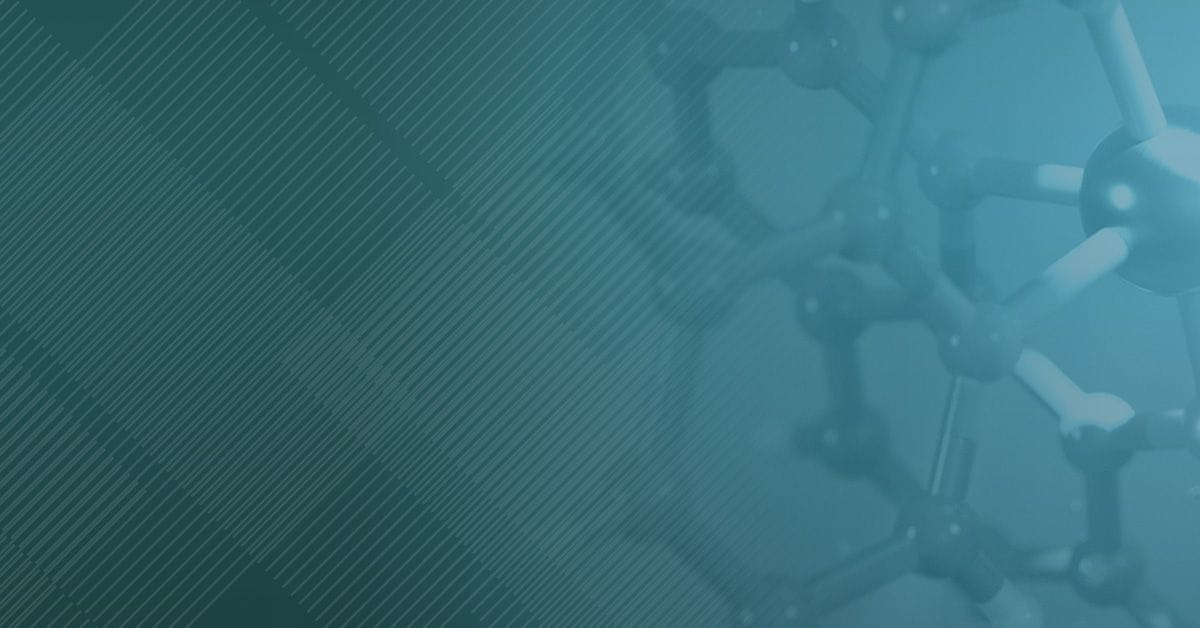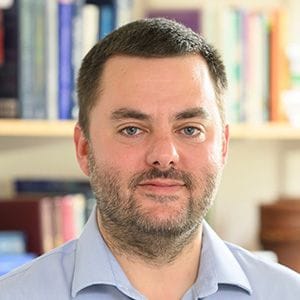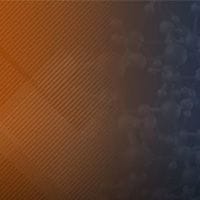In this interview, Prof. Suess discusses what this award means to him, key research highlights throughout his career, and the importance of investing in fundamental scientific research.

Inorganic Chemistry, in partnership with the ACS Division of Inorganic Chemistry, is proud to announce the winner of the 2024 Inorganic Chemistry Lectureship:
Daniel Suess, Massachusetts Institute of Technology, United States
This award recognizes an individual who has demonstrated creativity and impact in leading research in inorganic chemistry, broadly defined. Professor Suess is recognized for his work in synthesis, protein biochemistry, and spectroscopy of iron-sulfur clusters and the mechanisms of redox reactions at these centers that underlie the biogeochemical cycles of the elements, biological energy transduction, and human health and disease.
Prof. Suess will be honored during an ACS Division of Inorganic Chemistry symposium at the ACS Fall National Meeting in Denver, Colorado, August 18-22. Learn more about Prof. Suess and his research below.

Prof. Daniel Suess graduated from Williams College in 2007 with a B.A. in Chemistry and English. In 2013, he obtained his Ph.D. in inorganic chemistry from Caltech under the guidance of Prof. Jonas Peters. He then joined the laboratory of Prof. R. David Britt at the University of California, Davis, for his postdoctoral studies. In 2017, he joined MIT’s Department of Chemistry as an Assistant Professor and has since been promoted to Associate Professor.
Read the Interview with Prof. Suess
What does this award mean to you?
This award is primarily a recognition of the accomplishments of the researchers in my group. Their creativity, intellectual curiosity, and deep thinking underpin everything we do, and they are a constant source of inspiration for me.
How would you describe your research to someone outside your field of research?
My group is broadly interested in the roles that metal ions play in redox biochemistry—how metals help cells utilize electrons to make and break chemical bonds. We study how these processes impact health and the environment, how they can be harnessed to develop new chemical technologies, and, most importantly, the basic science—the chemical bonding and reactivity—that underlies these functions.
What do you think is the biggest challenge currently in your area of research?
The decreased federal investment in basic science, combined with the increasing cost of doing research, is our greatest and most immediate challenge. Society will be best served if public investment forms the core of the research enterprise in the U.S., with supplemental funding from private individuals, foundations, and corporations. As such, it is imperative that we communicate the importance of fundamental scientific research to policymakers and the public.
What is next in your research?
Chemistry—and particularly inorganic chemistry—has been and will continue to be the foundation of our work, and in the future, we will be looking to deepen our work’s connections with biology and physics.
Have there been any highlights in your career to date that you are especially proud of?
Yes, it is without a doubt what we’ve learned from our research! I hope interested folks will read our papers and reach out to me with any comments or questions—I always enjoy talking science with people.
What would your advice be to someone just starting out in the field?
Don’t be afraid to follow your instincts and to be creative —do the research you want to do, not what you think others want you to do. Yet at the same time be your own sharpest critic concerning the impact of your work—always push yourself to expand knowledge and move the field forward.

